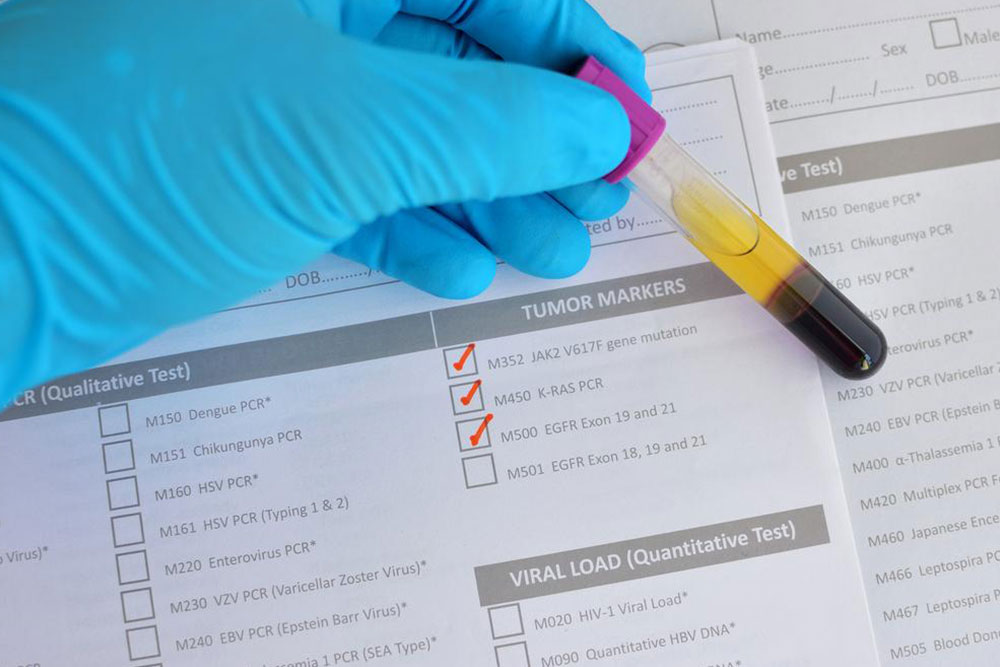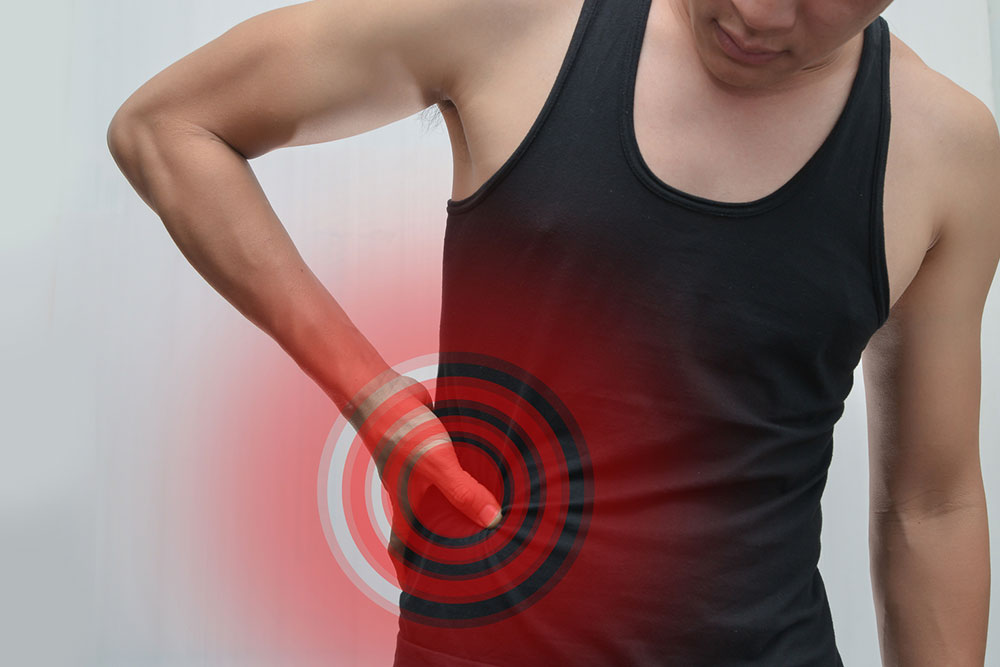Early Indicators of Liver Injury and How to Protect It
This article highlights the early warning signs of liver damage, its causes, diagnostic methods, treatment options, and preventive tips. Recognizing symptoms like jaundice, abdominal pain, and fatigue early can lead to timely intervention and better health outcomes. The piece emphasizes lifestyle changes like moderation in alcohol intake, vaccination, and proper medication use to safeguard liver health. Understanding these signs and risk factors can help prevent severe liver conditions and promote overall wellness.

Recognizing Early Signs of Liver Injury
The Liver and Its Significance
The liver, situated on the right side beneath the rib cage, is roughly the size of a football and plays a vital role in maintaining health. It facilitates digestion and detoxifies the body. Any impairment in liver function can impact overall well-being. Recognizing the initial symptoms of liver damage is crucial for timely diagnosis and intervention.
Causes of Liver Damage
There are various factors contributing to liver injury:
Viral infections such as hepatitis A, B, and C are common causes. These infections can impair liver function.
Autoimmune disorders like autoimmune hepatitis, Primary Sclerosing Cholangitis, and Primary Biliary Cirrhosis can also cause liver damage by affecting immune responses.
Genetic conditions inherited from family members may lead to accumulation of harmful substances, damaging the liver.
Chronic liver carcinomas can develop and cause harm.
Alcohol abuse significantly increases the risk of liver impairment.
Initial Symptoms of Liver Damage
Several warning signs indicate potential liver issues. Important symptoms include:
Jaundice, characterized by yellowing of eyes and skin.
Swelling and pain in the abdomen.
Edema in ankles and legs.
Dark-colored urine, signaling possible liver problems.
Itchy skin without an apparent cause.
Reduced appetite and unexplained weight loss.
Easy bruising due to decreased blood clotting proteins.
Nausea, vomiting, and gastrointestinal discomfort.
Blood or pale stools indicating bleeding or liver dysfunction.
Persistent tiredness and fatigue.
Diagnosing Liver Issues
Accurate detection is essential for effective treatment:
Physical examination combined with assessment of medical history.
Blood tests to evaluate liver function.
Imaging techniques such as MRI and CT scans.
Biopsy procedures to analyze liver tissue.
Approaches to Treatment
Treatment varies based on damage severity:
Minor damage may be managed through dietary changes and lifestyle modifications like weight management, abstaining from alcohol, and quitting smoking.
Medications are prescribed for moderate conditions.
Severe cases might require surgical intervention.
In complete liver failure, a transplant may be necessary, which involves extensive planning and costs.
Preventive Measures for Liver Health
Protecting your liver involves simple lifestyle adjustments:
Limit alcohol intake or avoid it altogether.
Get vaccinated against hepatitis infections.
Use protective measures when handling aerosols or pesticides.
Maintain a healthy weight to prevent fatty liver disease.
Only take medications prescribed by a healthcare professional, avoiding excess or unapproved drugs.










